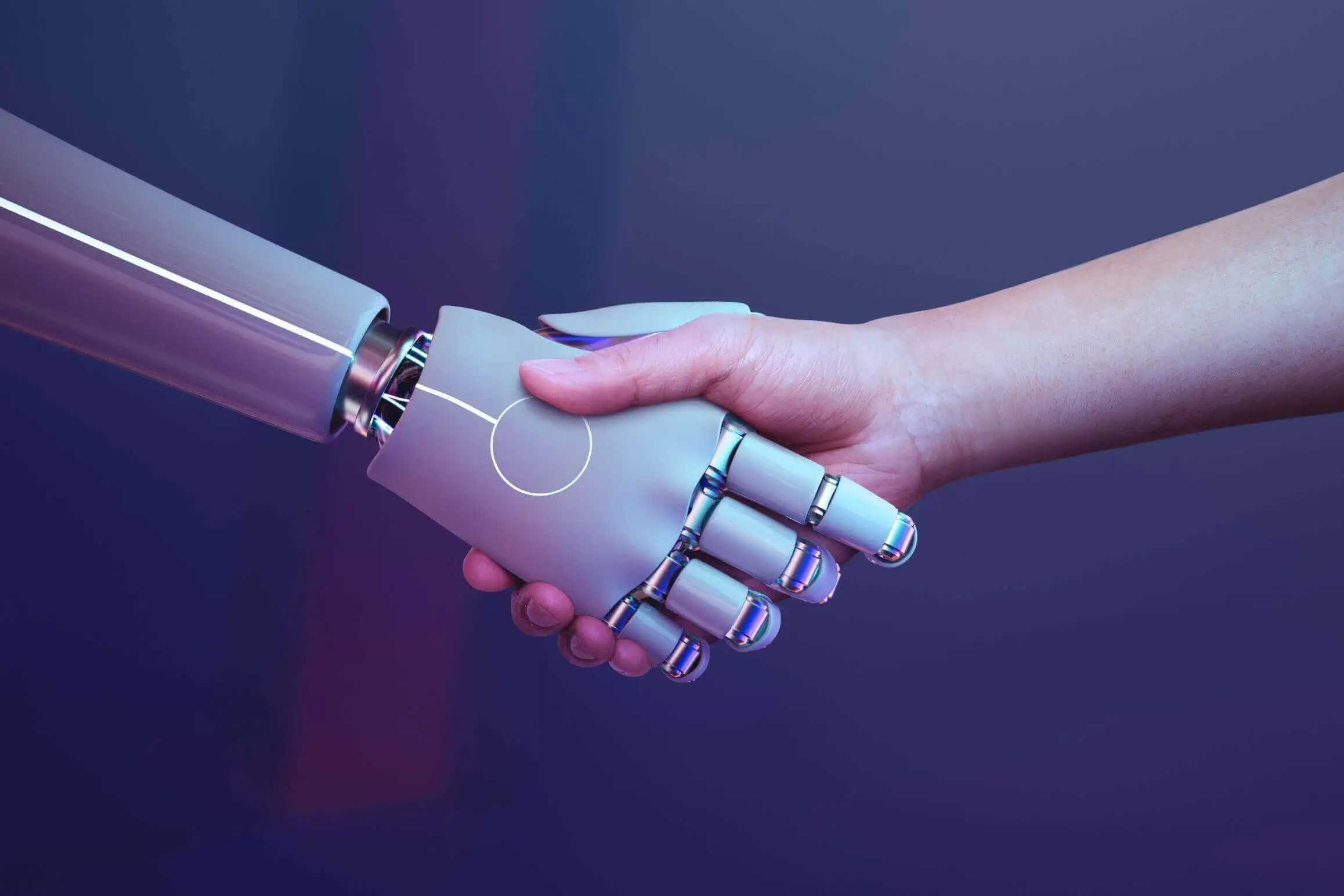Top machine Learning Platforms 2023
CEO at Everbestlab LLC
Machine learning is a term referring to a computational system with the capability to ingest data, analyze it and spot trends and patterns. As a subdivision of AI, machine learning (ML) systems build algorithms based on sets of sample data and deliver forecast, without being exclusively programmed to do so. What's more, these algorithms change and adapt in response to emergance of new data or alteration of conditions. This autonomous learning ability is at the core of today’s enterprise. It’s increasingly used to take major decisions and drive automation. Even though ML is closely associated with statistical analysis and data mining—and there are often overlaps across these disciplines—what sets ML apart is the capabilitly to detect patterns, trends and properties that would otherwise go unnoticed or remain unreachable. Essetially, ML focuses on known knowledge and ways to put it to use more effectively.

While it’s feasable to create a customized ML system, many organizations rely on a dedicated machine learning platform from a data science or data analytics vendor. It’s best to assess your organization’s needs, including the type of ML you require. This includes whether your company can benefit from a conventional method or deep learning, what programming languages are needed, and which hardware, software and cloud services are necessary to deploy and scale a model properly. While it’s feasable to create a customized ML system, many organizations rely on a dedicated machine learning platform from a data science or data analytics vendor. It’s best to assess your organization’s needs, including the type of ML you require. This includes whether your company can benefit from a conventional method or deep learning, what programming languages are needed, and which hardware, software and cloud services are necessary to deploy and scale a model properly. One of the key decisions comes from the underlying machine learning framework, which typically includes one of four approaches: Sci-Kit Learn: A user-friendly and highly flexible open-source framework that nevertheless delivers sophisticated functionality. H2O: ML framework that’s open source and heavily slanted to decision support and risk analysis. TensorFlow: An open source and highly modular framework created by Google. PyTorch: A more intuitive open source framework that incorporates Torch and Caffe2, integrated with Python.
1. Alteryx Machine Learning Platform
Emerging as a leading platform in the machine learning space, Alteryx is designed to tackle extremely complex machine learning projects. The drag-and-drop platform incorporates highly automated ML for both data scientists and business domain users. It links to an array of open source GitHub libraries, including Woodwork, Compose, Featuretools and EvalML and handles numerous data formats and sources. Alteryx also offers powerful visualization tools and has a large and active user community.
2. Dataiku
This popular platform offers all the tools required to build robust ML models such as strong data preparation features. An AutoML feature is designed to fill in missing values and seamlessly convert non-numerical data into numerical values. Dataiku incorporates leading algorithms and ML frameworks like Sci-Kit and XGBoost, along with widely used deep learning tools such as Keras and Tensorflow. Dataiku also supports custom modeling using Phyton and Scala.
3. Google Vertex AI
Google Vertex AI utilizes the power of Google Cloud to deliver a complete set of tools and technologies for creating, deploying and scaling ML models. It supports pre-trained custom tooling, AutoML APIs that speed model development, and a low-code framework that typically results in 80% fewer lines of code. Google Vertex supports nearly all open source frameworks, including TensorFlow, PyTorch, and scikit-learn.
Contacts
Address: 1275 Davis Rd, Suite 130. Elgin IL 60123, USA
Address: 90, Yangi Tarnov str., Bodomzor, Tashkent, Uzbekistan.
Services

